Why Choose a Farm Tour for Your School?
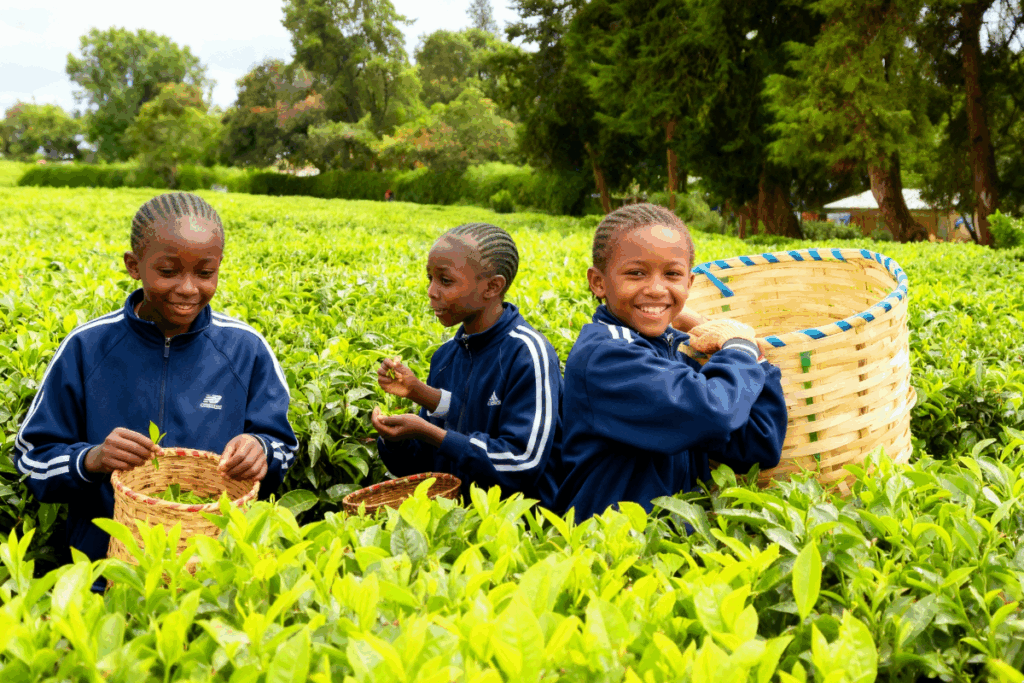
We promise you'll love it
At Sensory Garden Kenya, we believe that the best lessons are learned by doing. Our school farm tours give students the opportunity to connect with agriculture, sustainability, and the environment in a fun and practical way.
The experience is carefully designed to align with curriculum goals while still being interactive and exciting for different age groups — from lower primary to high school.
What Students Will Learn
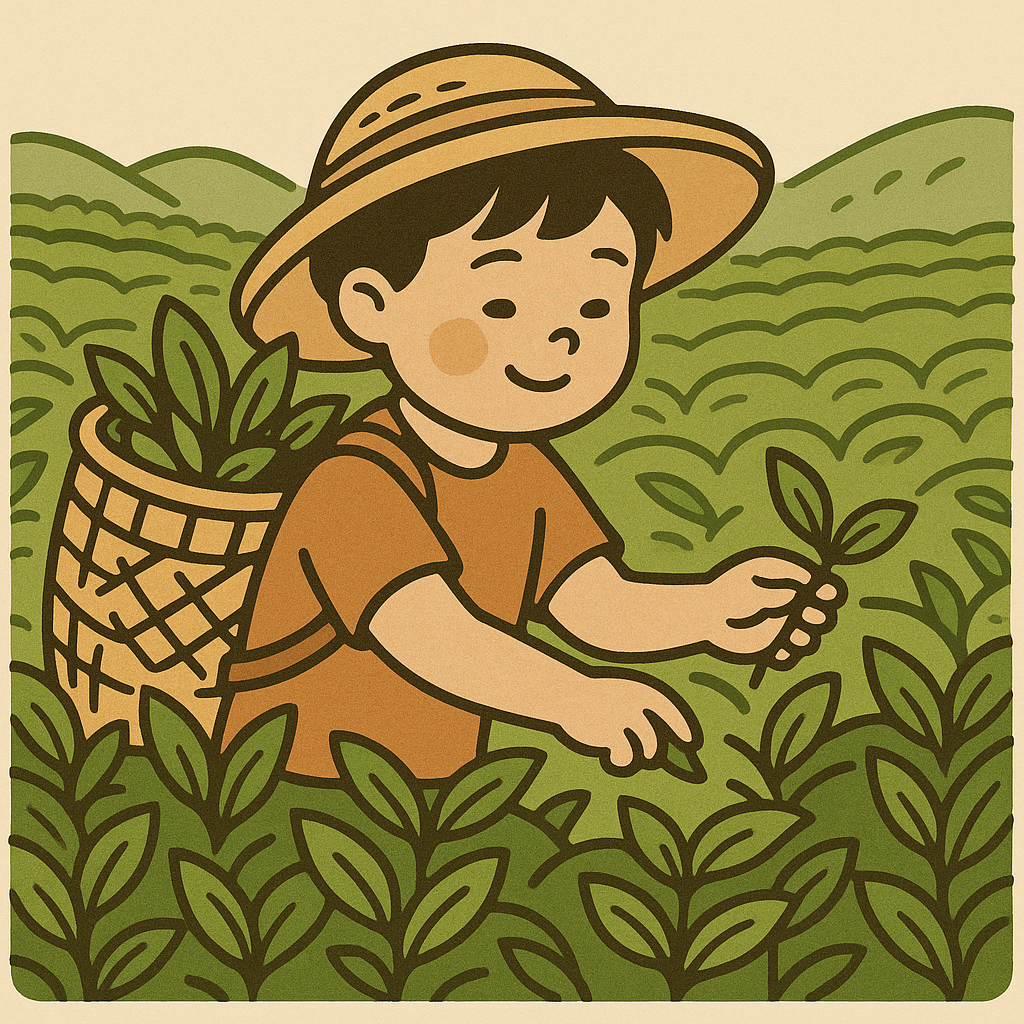
1. Agriculture in Action
- Tea farm exploration
- Greenhouse learning – how plants grow in controlled environments.
- Tree nursery – importance of afforestation.
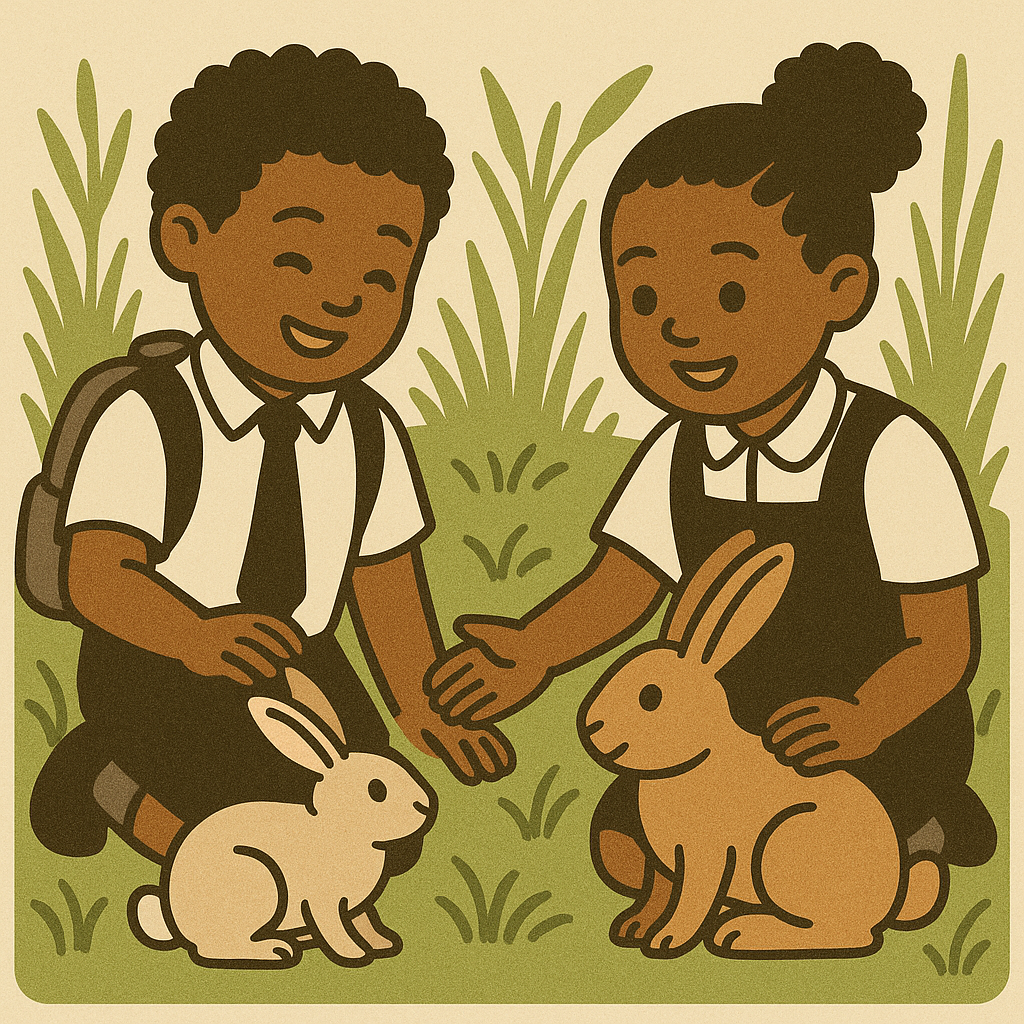
2. Animal interaction
- Meet sheep, rabbits, geese, domestic pigeons and chickens.
- Learn how animals contribute to the farm ecosystem.
- Basic animal care.
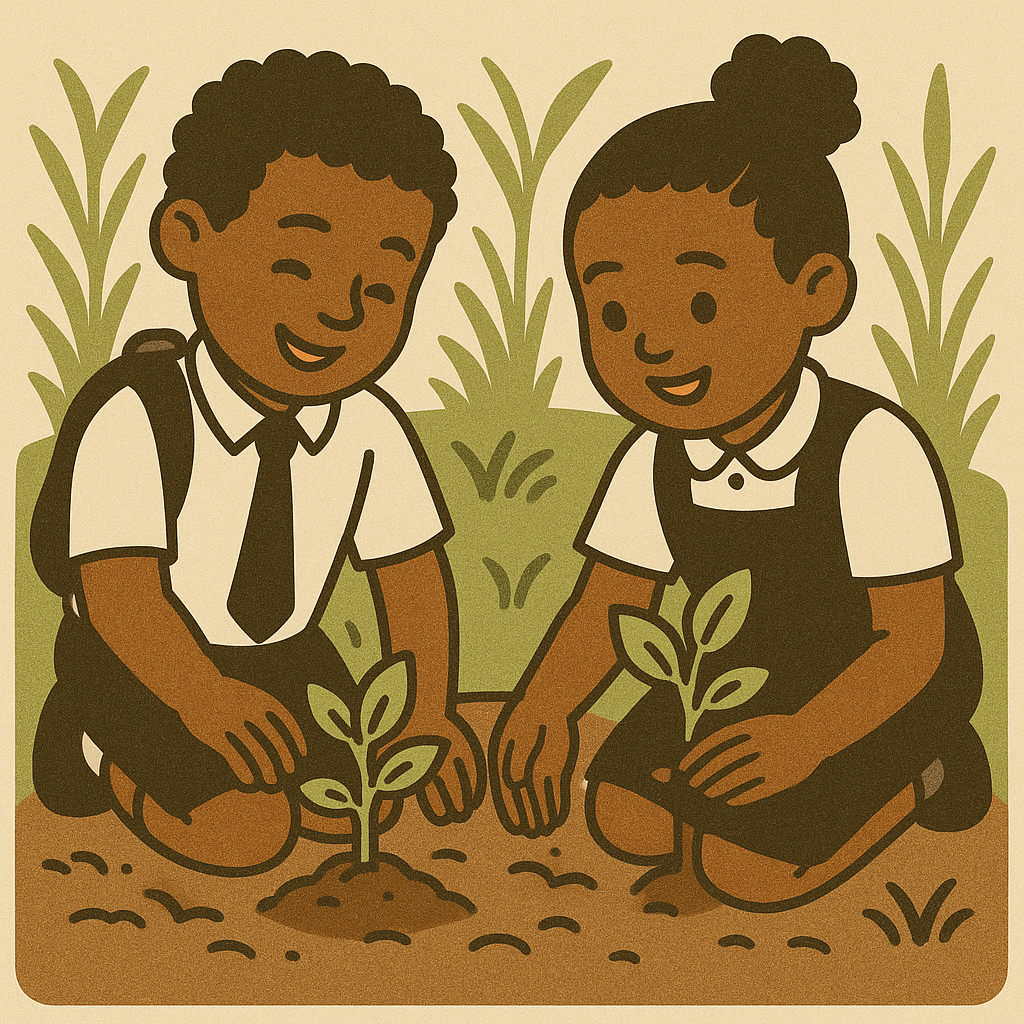
3. Hands-On Activities
- Planting seedlings in the nursery.
- Learn composting
- Take part in tree planting to support environmental conservation.
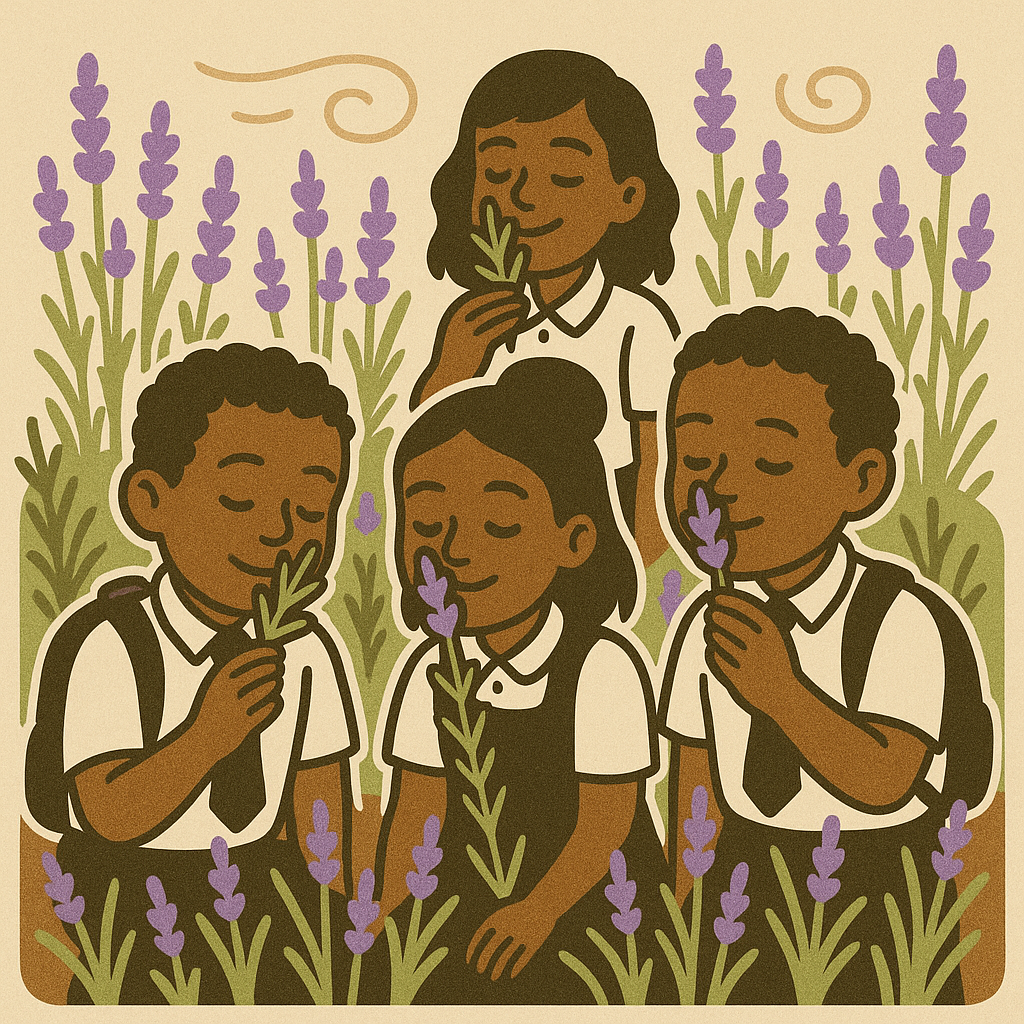
4. Sensory Experience
- Touch, smell, and explore our herb garden.
- Interactive sensory play with plants
- Picking and identifying different herbs
FAQs
1. What makes a school tour at Sensory Garden Kenya special?
Our school tours go beyond just a fun day out — they are carefully designed to combine learning and play. Students get hands-on exposure to agriculture, sustainability, and the environment, while also engaging in teamwork and outdoor activities. Each session is interactive, age-appropriate, and aligned with what students are already learning in class.
2. What do students get to learn during the tour?
Students explore the tea farm to understand how tea goes from leaf to cup, step into the greenhouse to see how plants grow in controlled environments, and visit the tree nursery to learn about afforestation. They also get to meet and interact with farm animals like sheep, rabbits, and chicken while understanding their role in the farm ecosystem. Through seed planting, soil exploration, and plant identification, students discover agriculture in action while connecting it back to their classroom knowledge.
3. Are there activities for different age groups?
Yes. Our tours are tailored to different learning levels — from lower primary to high school. Younger students enjoy interactive sensory play, animal interactions, and simple planting activities, while older students dive deeper into sustainability lessons, and agricultural experiments.
4. How safe are the tours for students?
Safety is our top priority. Every tour is fully guided and supervised, with a clear safety briefing at the beginning. Activities take place in controlled areas, and teachers always accompany their classes to ensure students are well taken care of throughout the experience.
5. How long does a school tour take?
On average, a school tour lasts between two to three hours, depending on the activities chosen and the size of the group. We’re flexible and can adjust the program to fit your school’s schedule.
6. What are the costs for school groups?
We offer discounted educational rates for school groups, with packages tailored to class size and chosen activities. For an accurate quote, schools can contact us directly to customize their package.
7. What should students bring for the farm tour?
We recommend that students wear comfortable shoes for walking, carry a hat or cap to protect against the sun, and bring a reusable water bottle. Limuru can get quite cold at times, so students should also come with sweaters and jackets. Most importantly, they should bring curiosity and a readiness to learn outside the classroom.
8. Can teachers join the tours?
Yes, teachers and accompanying staff are part of the experience. They guide their students alongside our team, ensuring both learning and safety. we don’t charge teachers for the tours.
9. What benefits do students gain from a farm tour?
Students get the chance to connect classroom knowledge with real-world farming practices, build an appreciation for sustainability, develop teamwork through group activities, and create lasting memories outside the classroom. It’s an experience that stays with them long after the tour ends.
10. Can students with special needs come for a farm tour?
Yes, they can. The farm experience is not only inclusive but also therapeutic — offering a calming and engaging environment that benefits students with special needs
11. How do schools book a tour?
Booking is simple. Schools can click the “Book a School Tour” button on our website or request a brochure for more details. We’ll work with your school to create a package that best fits your students’ needs. Also you can whatsapp us at +254 746 370700
